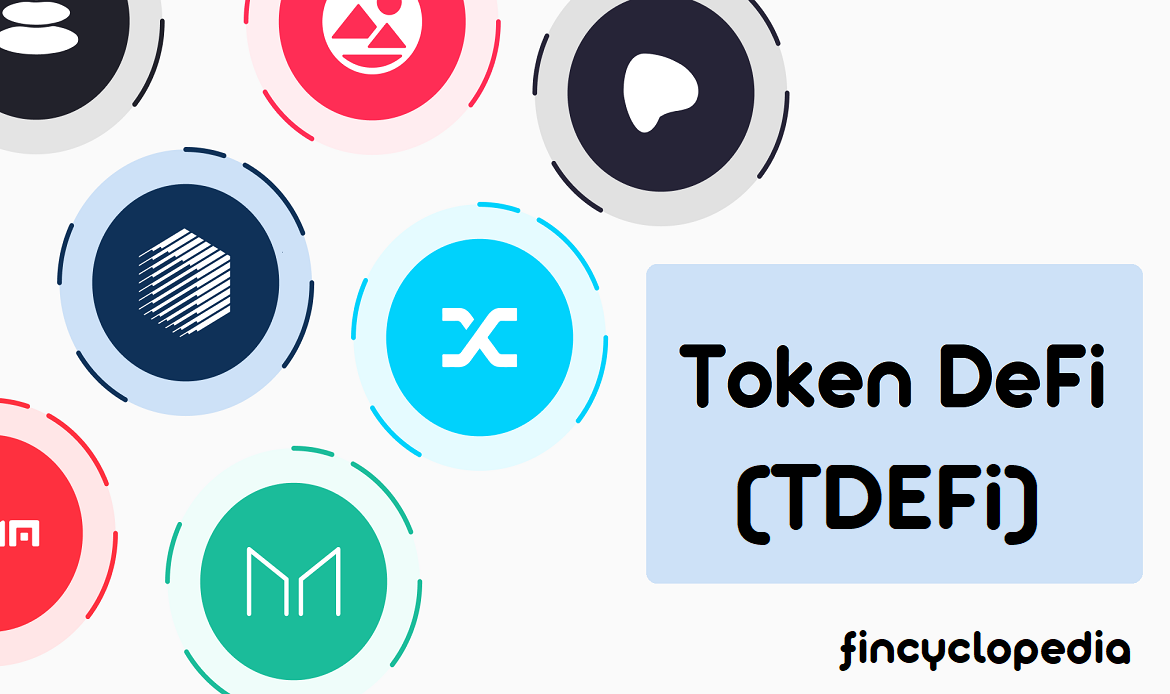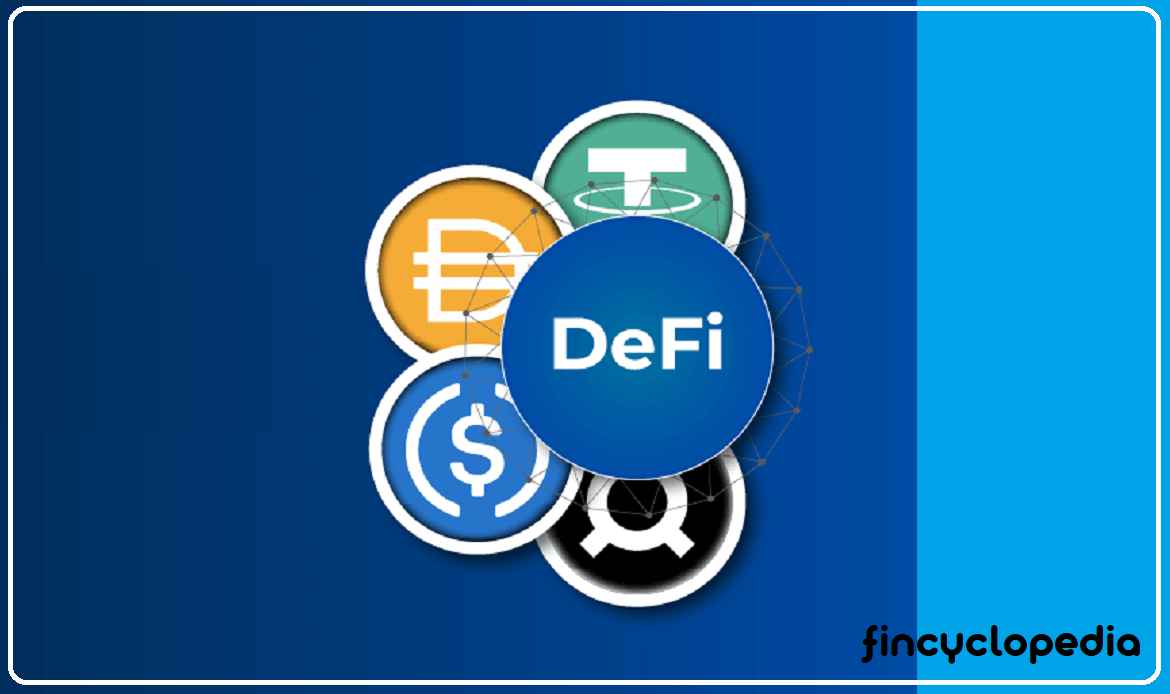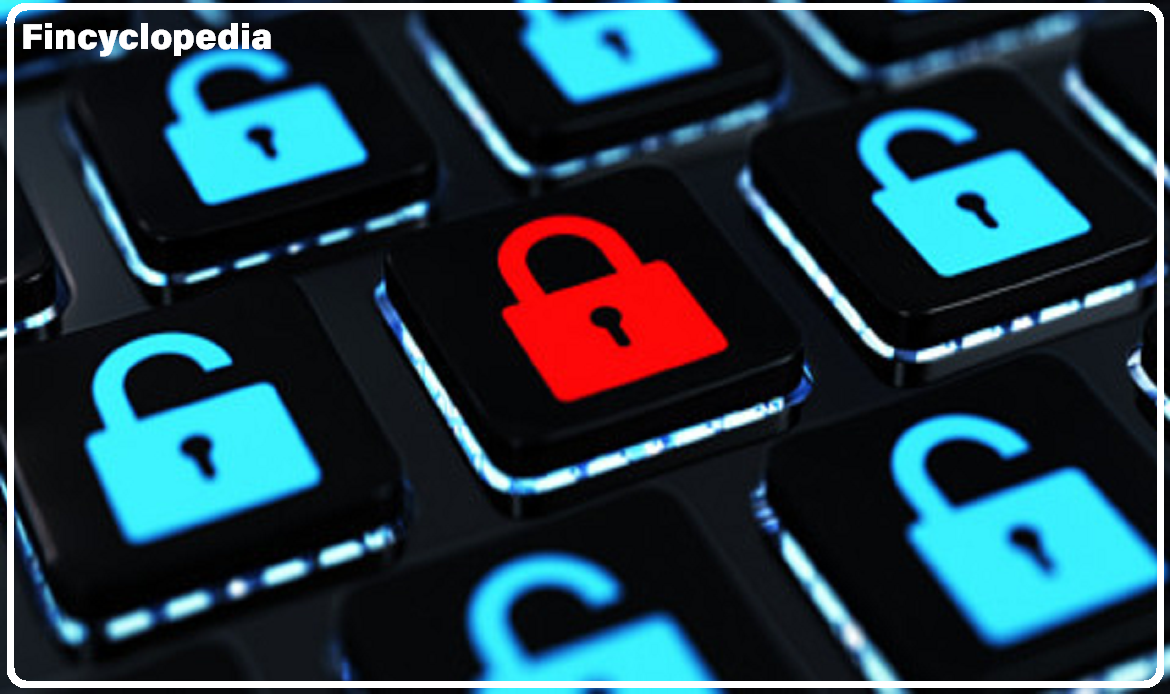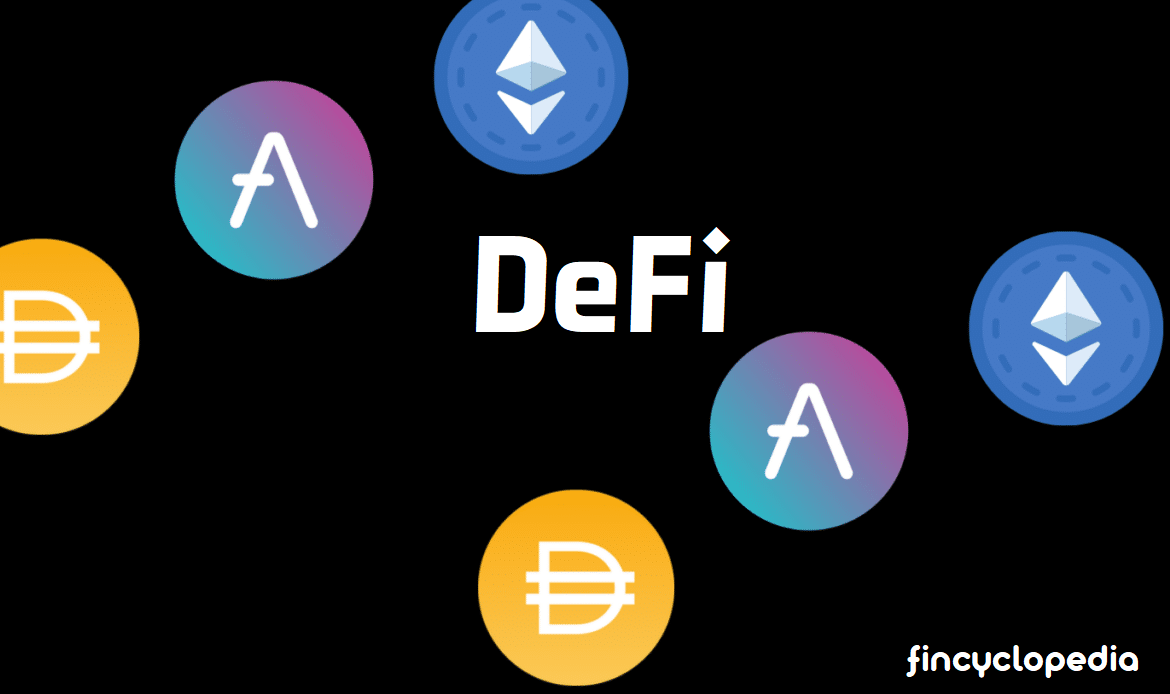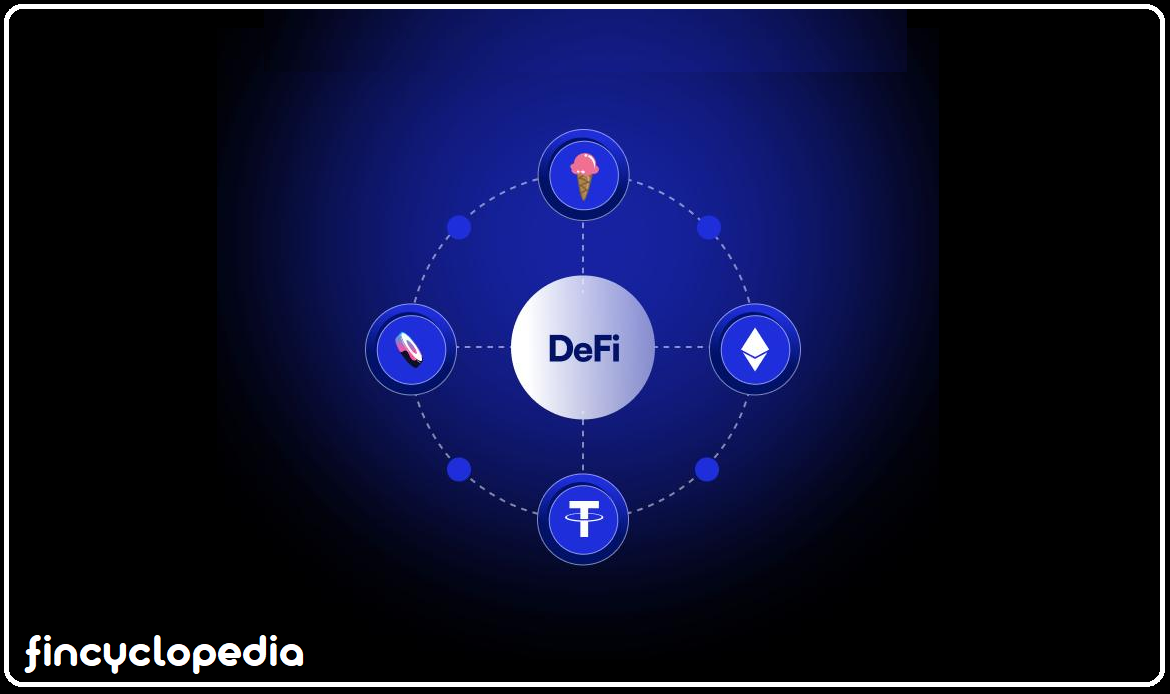
Concept
It stands for decentralized finance token; a digital token that allows users to take part in a crypto space/ ecosystem, whether for transactions or decision making (vote on any governance proposals submitted by the community), as well as to benefit from other exclusive features provided on the platform. Decentralized finance (DeFi) offers a variety of supportive and security tools for blockchain ecosystems, so that users can manage their crypto assets, carry out transactions in a secure manner, and utilizing certain enabling tools such as smart contracts. The DeFi tokens grant holders the rights to participate in governance (of the own network), access exclusive features and benefits, and stake for rewards (in the form of network tokens – by means of staking).
Main types
These tokens have many types including utility tokens, governance tokens, equity tokens, and security tokens. For example, equity tokens represent ownership in equity instruments/ interests such as stocks and shares in funds (and any form of equity share in a business, venture, etc.) These tokens allow fractional or partial ownership of ventures or net assets, providing access to equity markets through blockchain. As an asset-backed token/ asset-referenced token, this category of tokens is often offered by means of a security token offering (STO) and reflect an actual value due to correlation with an external, real-world asset’s value. Hence, the tokens allow secure, fast and cost-effective trading of equities (as traditional assets) via blockchain technology, adding to liquidity of such traditional assets.
Tokens vs. coins
A DeFi coin is also a special case of a DeFi token. It is a digital version of the fiat coin, as it transfers value between parties involved in online transactions (usually financial). DeFi coins are issued and circulated on their native blockchain networks. In addition to its role in transferring value, DeFi coins (in this specific context, DeFi tokens) are also used to carry information such as passwords and other credentials to provide access to a resource. Broadly speaking, value-carrying tokens (or coins) may take the form of asset tokens that represent physical assets such as real estate, and of course there are non-fungible tokens (NFTs) that represent unique “items” such as digital art. Though both are often referred to interchangeably, DeFi coins differ from DeFi tokens in the sense that tokens can be both native and non-native (native tokens or non-native tokens), where issuance and trading can take place both on a token’s own network or other networks (see: difference between DeFi coins and DeFi tokens).
Modus operandi
A DeFi token is issued and traded on its platform utilizing the facilities provided by decentralized finance (DeFi). This type of financial protocol is a blockchain-based and -operated financial system where users and other market players can conduct transactions (trades, transfers, exchanges, etc.), in a direct way, and without intermediaries, involving tools such as smart contracts. Decentralized finance (DeFi) is a broad term for the universal system of blockchains and all applications that operate there in order to allow users to transact directly with each other using cryptocurrencies such as Bitcoin and other certain types of digital tokens.


